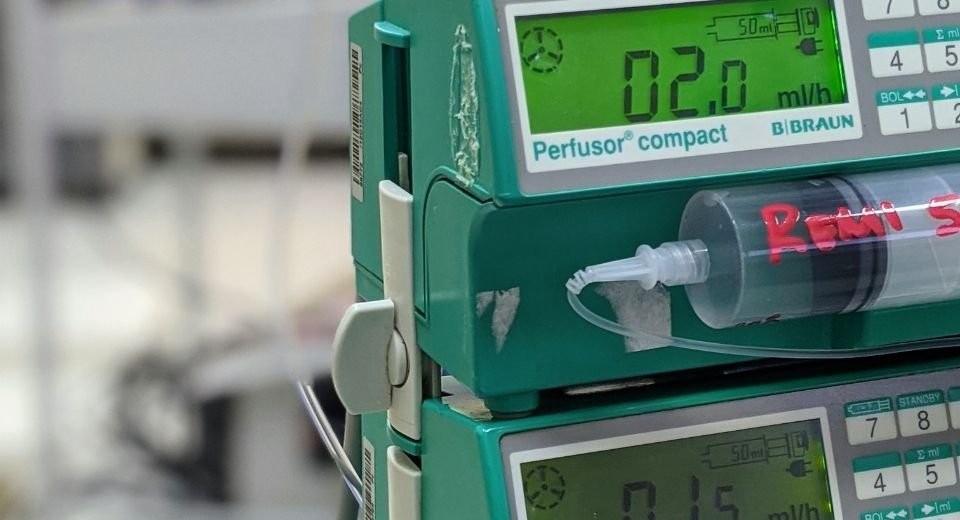HQ Team
September 27, 2023: India, the third-largest pharmaceutical industry in the world by volume, has unveiled a policy to make the South Asian nation a key innovator of drugs and medical devices by promoting research and creating infrastructure in the sectors.
The National Policy on Research and Development and Innovation in the Pharma-MedTech Sector and the Scheme for Promotion of Research and Innovation in the Pharma-MedTech Sector aim to grow the industry to $120-130 billion over the next decade, from the current $50 billion.
The policy will turn India into a “high-volume, high-value player in the global market of pharmaceuticals, meeting the quality, accessibility, and affordability goals,” said Dr Mansukh Mandaviya, federal minister of Chemicals and Fertilizers and Minister of Health and Family Welfare.
“The policy will help to create an ecosystem of skills and capacities including the academia and the private sectors, and give impetus to new talent among the youth through start-ups,” he said.
“This is a transformative stage in the Indian drugs and med-tech sector where synergies are being created between various Government institutions and agencies.”
Regulatory environment
The policy formulates the creation of a regulatory environment that facilitates innovation and research in product development and expands the traditional regulatory objectives of safety and quality.
It will incentivise private and public investment in innovation through a mix of fiscal and non-fiscal measures, and build an “enabling ecosystem” designed to support innovation and cross-sectoral research for sustainable growth in the sector.
An Indian Council of Pharmaceuticals and Med-tech Research and Development is proposed to be set up to facilitate and promote collaboration among industry, academia and research institutions across departments.
The purpose is to promote domestic and international collaboration in research and development in Pharma Med-tech sectors for India to become a global pharmaceuticals and medical exports hub, according to a government statement.
Strengthening the research infrastructure to help the rapid development and availability of innovative drugs and medical devices are the other objectives of the policy.
Life-saving medicines
Expansion of access to life-saving medicines and drugs in India is a necessity and “we should become so independent that we should not be dependent on anyone for our critical needs,” Dr Mandaviya said.
Dr V.K. Paul, Member (Health), of the NITI Aayog, said these initiatives would help prepare the country for future challenges and ensure national bio-security. The policy took effect on August 18, 2023.
Currently, a major component of Indian exports is low-value generic drugs and a large proportion of the demand for patented drugs is imported.
India plans to shift the focus to biopharmaceuticals, complex generic drugs, patented drugs or drugs nearing patent expiry, and cell-based or gene therapy drugs.
Stem cell therapy, orphan drugs
A new programme to promote research and innovation in pharmaceuticals will be taken up through Centres of Excellence. “We shall also encourage industry to invest in research and development in specific priority areas,” the minister said.
India intends to promote research in the pharmaceutical sector in six priority areas such as new chemical entities, complex generics, including biosimilars, medical devices, stem cell therapy, orphan drugs and anti-microbial resistance.
Financial assistance will be provided for medium enterprises, small enterprises, and startups working with government institutes and for both in-house and academic research.
The scheme would help in building a global research atmosphere at the National Institutes of Pharmaceutical Education and Research and other institutes and aid in creating a talent pool of qualified trained students.
